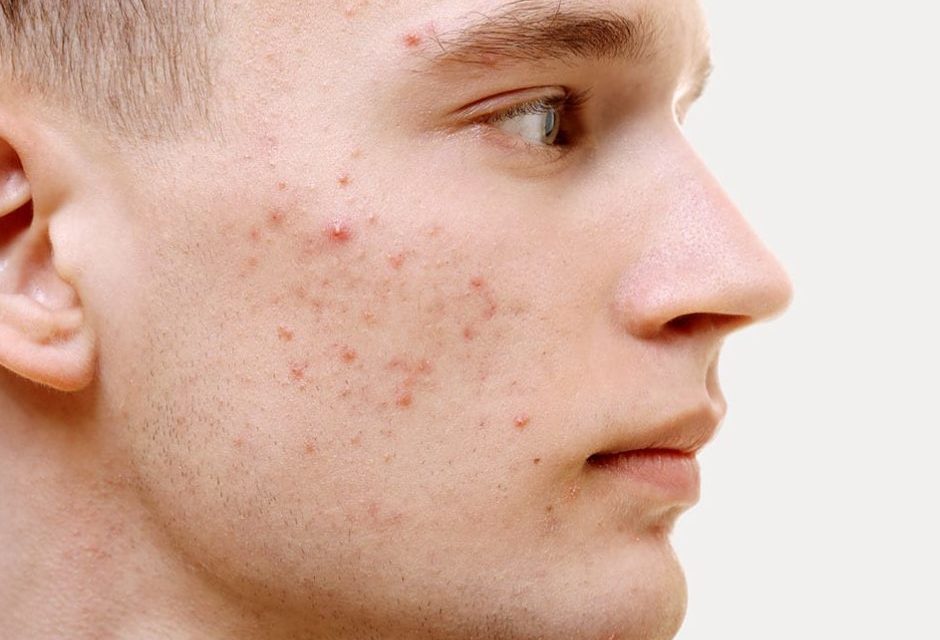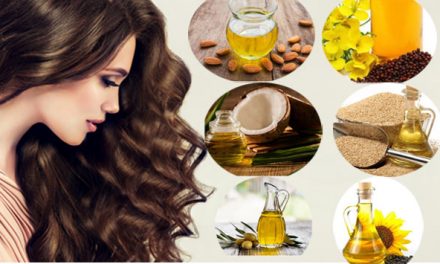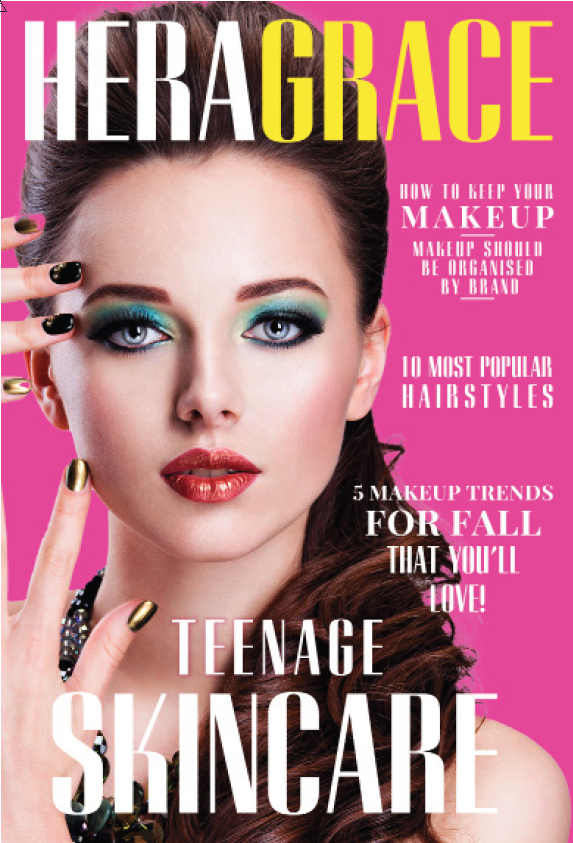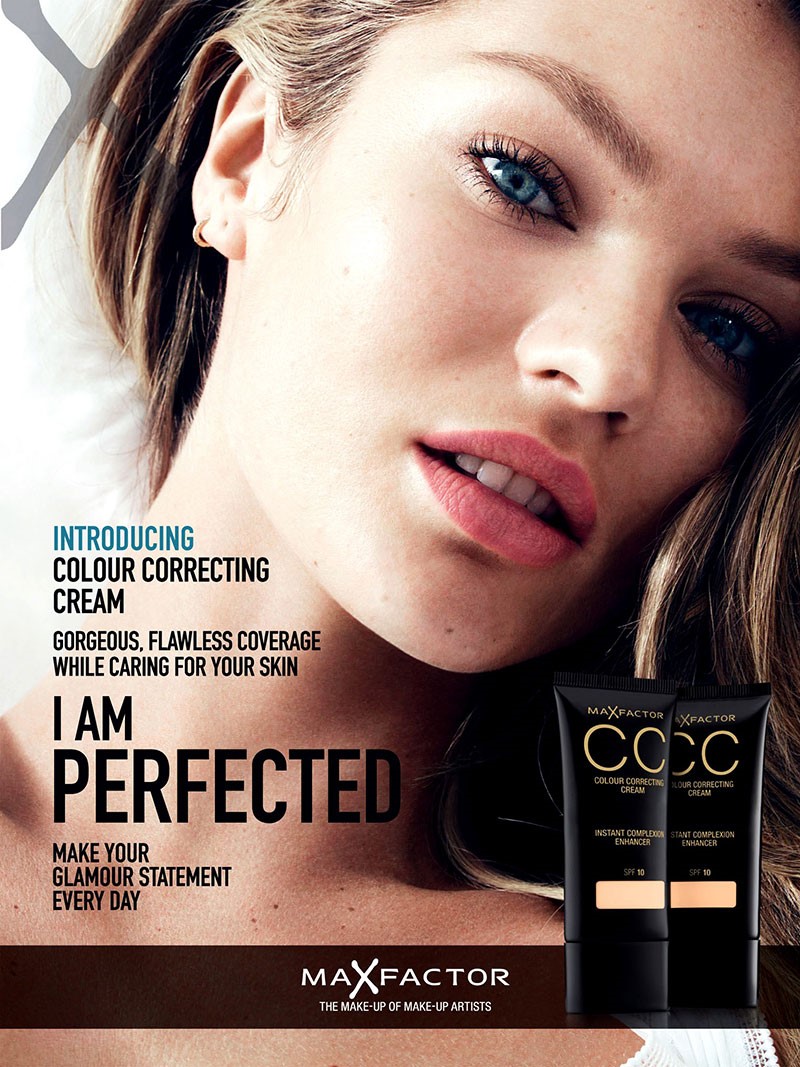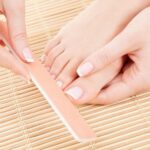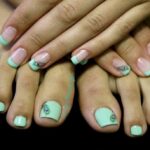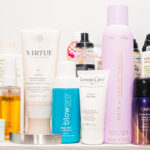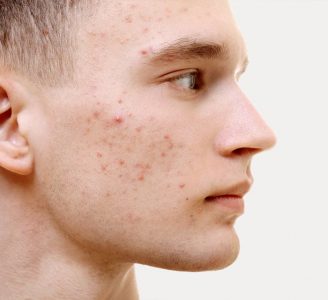
Courtesy: Wentworthaesthetics
Whether you call them pimples, zits, or acne, lots of teens find skin problems confusing and upsetting. But you can understand what’s going on with your skin — and what you can do about it.
Here’s a closer look at acne, from causes to cures.
What causes acne?
What can make acne worse?
What are common acne treatments?
What doesn’t cause acne?
What causes acne?
Acne happens when your pores get clogged with dead skin and oil. Acne often starts during puberty because your body is making more oil and a certain type of bacteria starts growing in pores. Acne can show up on your face, but you can get it on your back, chest, and other places too.
Whiteheads develop when a pore gets plugged with oil and dead skin cells.
Blackheads happen when this plugged-up stuff comes to the surface of the skin. The black is not dirt.
Pustules (what is often called pimples) develop when a plugged-up pore gets inflamed and filled with pus.
Cystic acne happens when a plugged pore breaks deep inside the skin. Nodules (large, inflamed bumps) or cysts (pus-filled bumps) form and often look like larger pimples. Sometimes they can cause scars and pain.
Remember that acne is common among teens — you’re not the only one dealing with it. Why do some people have more acne than others? Some people just have more sensitive skin. Also, acne can run in your family, so if your mom or dad had it, you may, too. Severe acne sometimes can be a sign of hormone problems, so ask your doctor if you’re concerned.
What can make acne worse? arrow. top
Several things might make your acne worse, including:
- Using oil-based makeup instead of “non-comedogenic” ones that may not clog pores
- Using suntan oil and oil-based hair products, including pomade
- Your period
- Picking at your pimples
- Scrubbing your skin too hard
- Tanning
- Stress
- Wearing things that press against your skin, such as spandex and baseball caps
- Working at a job that involves frying foods
There are lots of options for dealing with acne. Here is some helpful info:
First, you can wash your face twice a day with a mild cleanser.
You might also wash it after you sweat a lot. (But washing it more than two or three times a day can irritate your skin.)
You can also lessen the oils on your face by keeping your hair clean if it’s oily.
You can buy over-the-counter acne medication.
These gels, lotions, and creams fight acne with ingredients like benzoyl peroxide and salicylic acid. They generally are helpful for mild acne.
Follow all directions carefully to avoid possible problems. It’s a good idea to test the product on a small spot if you’ve never used it before. Then wait three days. If the medicine doesn’t cause problems for you, go ahead and use it on other areas.
You may need to use these products regularly for several weeks before they start to work. If they don’t lessen your acne after two months, ask your doctor for help.
Stop using the product and tell your doctor if you have a bad skin reaction to any of these products. Stop using the product and call 911 or go to the nearest hospital emergency department right away if you have any of these: a tight feeling in your throat, feeling faint, having trouble breathing, or swelling of your eyes, face, lips, or tongue. These are signs of an allergic reaction that is rare but that is dangerous.
If over-the-counter medicines don’t work well, your doctor can give you prescription medicine.
These medicines could include an antibiotic cream or a gel or cream made with a type of medicine called a retinoid.
Prescription treatments also could include an antibiotic pill or possibly even a birth control pill.
If you use a retinoid or antibiotic pill, make sure to stay in the shade and use sunscreen because these increase the risk of sunburn.
Often, people need to use more than one type of medicine at the same time to treat acne.
If you have cystic acne that doesn’t get better, your doctor may give you isotretinoin. Isotretinoin (say EYE-soh-TRUT-ih-noyn) also has other names, such as Accutane, Amnesteem, Claravis, and Sotret. It is a very strong medicine and should only be taken under a doctor’s close care.
Acne can also be treated with procedures. Sometimes a doctor will recommend special office treatments. These include laser and light treatments for certain kinds of acne.
What doesn’t cause acne?
- You may have heard that eating lots of greasy foods can cause acne. Researchers say that’s not true. Of course, it’s still smart to skip unhealthy behaviors just to take good care of yourself.
- Food for thought: Researchers are exploring whether a certain type of food might increase acne. These are items like white bread, cake, and cookies that are called high-glycemic foods (which means they raise the level of sugar in your blood). More research is needed, but if you think your diet may be affecting your acne, talk to your doctor.
Source: girlshealth.gov

